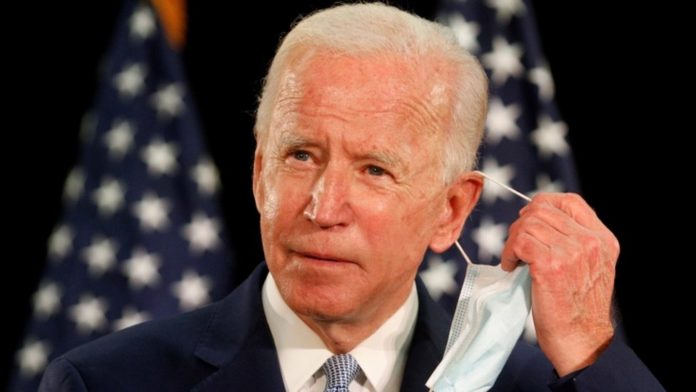President Biden to sign an executive directive repealing a rule known as Mexico City policy
The White House has announced that President Biden will sign an executive order rescinding a rule known as the Mexico City policy which prohibits foreign non-governmental organizations from receiving U.S. funding if they promote or perform abortion as a method of family planning.
The policy, first turned into law by President Ronald Reagan in 1985 and announced at a UN conference in Mexico City, has been repealed by Democratic presidents and reinstated by Republicans for decades. Biden’s order will come almost four years to the day since former President Donald Trump signed an order that revived it.
“Across the country and around the world, people, particularly women, Black, Indigenous and other people of color, LGBTQ+ people, and those with low incomes have been denied access to reproductive health care,” the White House said in a statement announcing that Biden will “protect and expand access to comprehensive reproductive health care” through a presidential memorandum. “The memorandum reflects the policy of the Biden-Harris Administration to support women’s and girls’ sexual and reproductive health and rights in the United States, as well as globally.”
Trump’s 2017 memorandum had revived the policy under President George W. Bush, which prohibited the United States Agency for International Development (USAID) from giving money to foreign NGOs that performed or promoted abortion, with exceptions for rape, incest, or when needed to save a life. Trump’s memo directed the State Department to extend this to all federal departments and agencies. According to a 2020 State Department report, only eight out of 1,340 “prime awardees” who received funding between May 2017 and September 2018 declined to adhere to the expanded policy.
A poll from Marist and the Knights of Columbus showed that 58% of Americans oppose or strongly oppose using taxpayer dollars to support abortion. That included a 65% of Independents and 31% of Democrats. The poll indicated some kind of opposition to overseas funding of abortion, asking more broadly: “Do you strongly support, support, oppose, or strongly oppose using tax dollars to support abortion in other countries?” A majority of Americans (77%) opposed or strongly opposed that proposition, including 64% who identified as “pro-choice.”
President Biden is expected to also sign executive orders aimed at getting more Americans signed up for health care by reopening the federal Health Insurance Marketplace during a special enrollment period of the Affordable Care Act. Regular enrollment through Healthcare.gov is usually the last six weeks of each year and the special enrollment period will run from February through May, the White House said in a release.
The order is part of a campaign promise Biden repeatedly made during the election to expand access to ObamaCare. “For President Biden, this is personal,” the release said. “He believes that every American has a right to the peace of mind that comes with knowing they have access to affordable, quality health care.”
The Biden administration said in the release that the orders also aim to strengthen ObamaCare, Medicare and access to reproductive health care in repudiation of “four years of attempts” by the Trump administration and Republicans to “strip health care from millions of Americans” through their attempts to repeal Obamacare. Republicans unsuccessfully attempted to repeal ObamaCare and replace it with a conservative plan during Trump’s presidency.
The executive orders will be the latest in a series of actions meant to quickly roll back former President Trump’s efforts while in office. “These actions demonstrate a strong commitment by the Biden-Harris Administration to protect and build on the Affordable Care Act, meet the health care needs created by the pandemic, reduce health care costs, protect access to reproductive health care, and make our health care system easier to navigate and more equitable,” the release said.
The White House said the order would ask federal agencies to reconsider policies that reduce access to health care such as in the case of Americans who have pre-existing conditions.
































